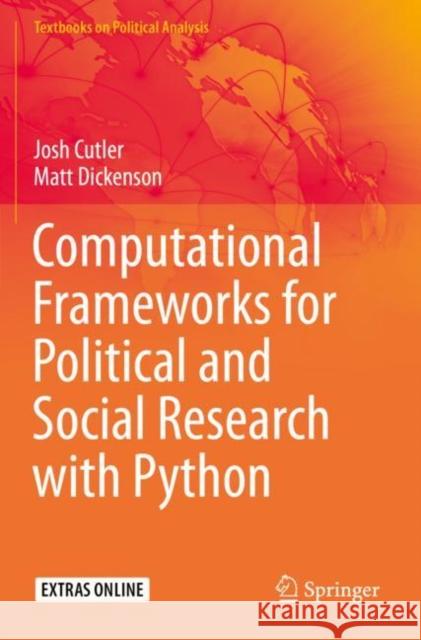Computational Frameworks for Political and Social Research with Python » książka
topmenu
Computational Frameworks for Political and Social Research with Python
ISBN-13: 9783030368289 / Angielski / Miękka / 2021 / 209 str.
Computational Frameworks for Political and Social Research with Python
ISBN-13: 9783030368289 / Angielski / Miękka / 2021 / 209 str.
cena 262,25
(netto: 249,76 VAT: 5%)
Najniższa cena z 30 dni: 250,57
(netto: 249,76 VAT: 5%)
Najniższa cena z 30 dni: 250,57
Termin realizacji zamówienia:
ok. 16-18 dni roboczych.
ok. 16-18 dni roboczych.
Darmowa dostawa!
Kategorie:
Kategorie BISAC:
Wydawca:
Springer
Seria wydawnicza:
Język:
Angielski
ISBN-13:
9783030368289
Rok wydania:
2021
Wydanie:
2020
Numer serii:
001053020
Ilość stron:
209
Waga:
0.32 kg
Wymiary:
23.39 x 15.6 x 1.22
Oprawa:
Miękka
Wolumenów:
01
Dodatkowe informacje:
Wydanie ilustrowane











